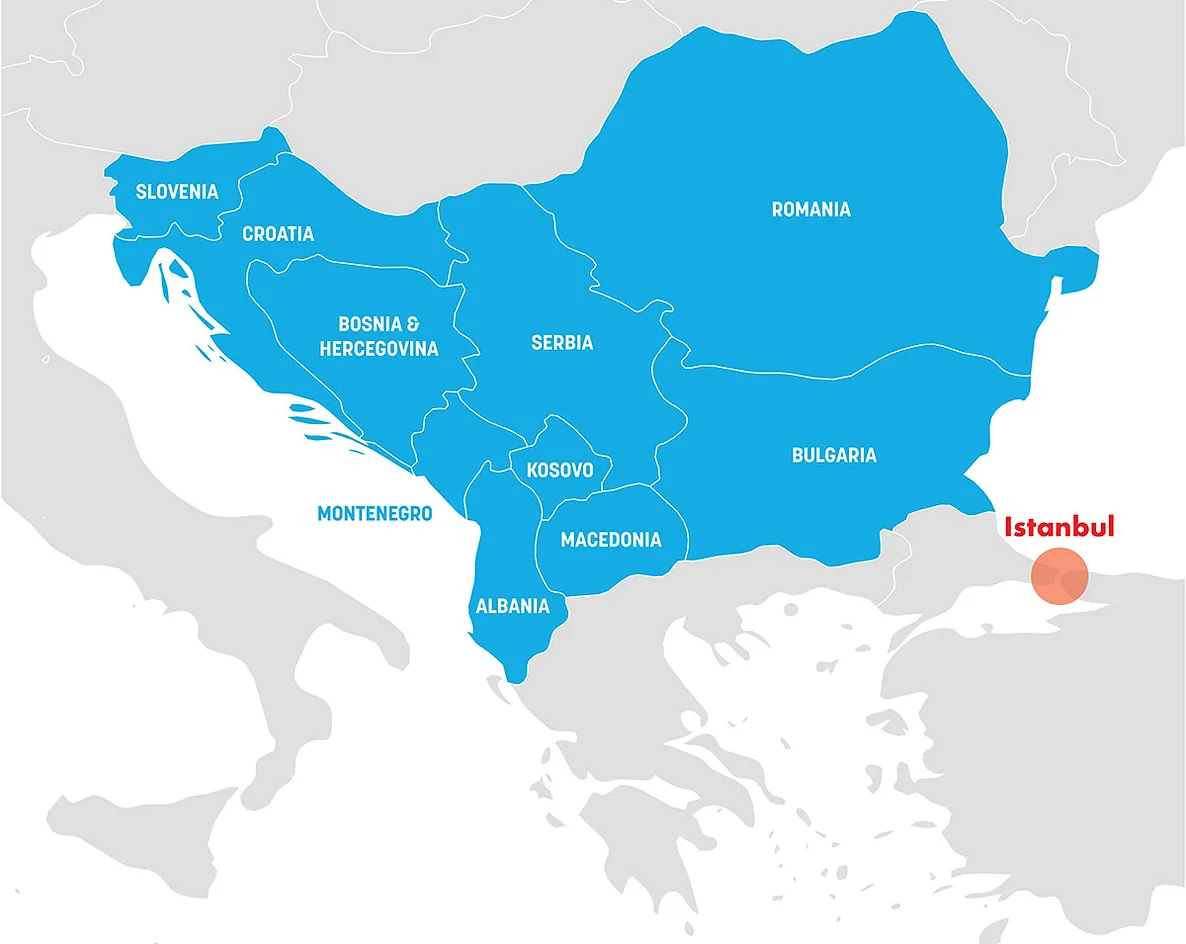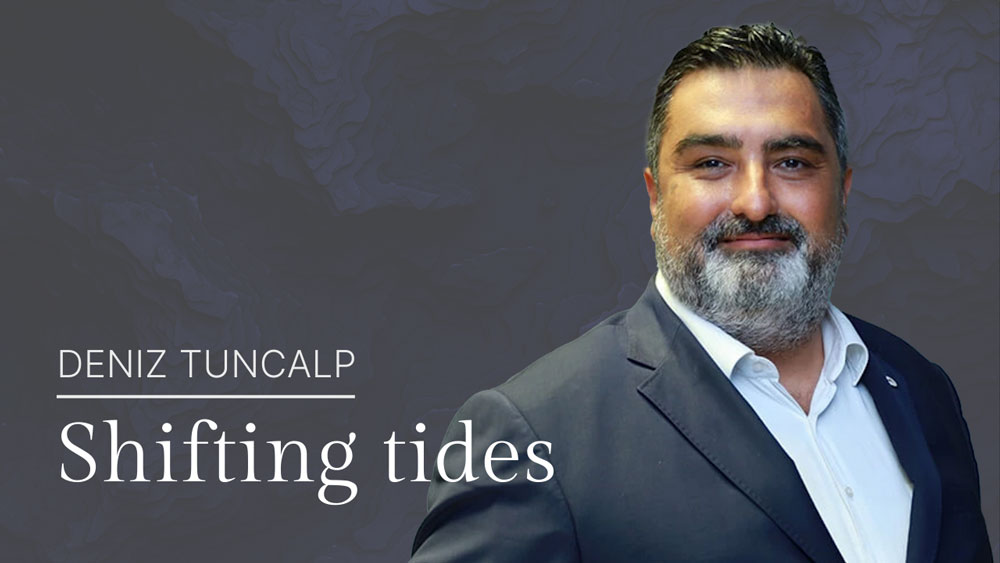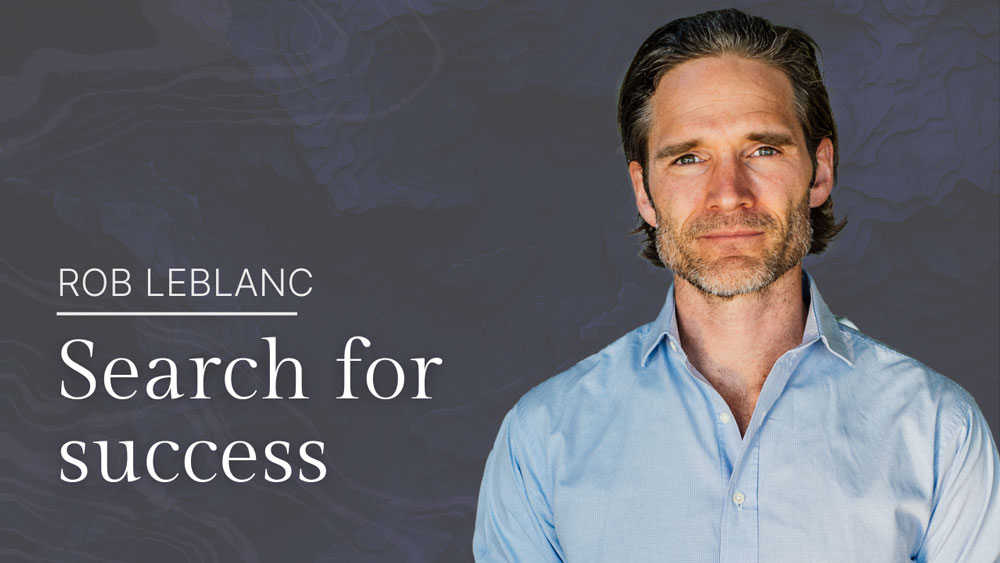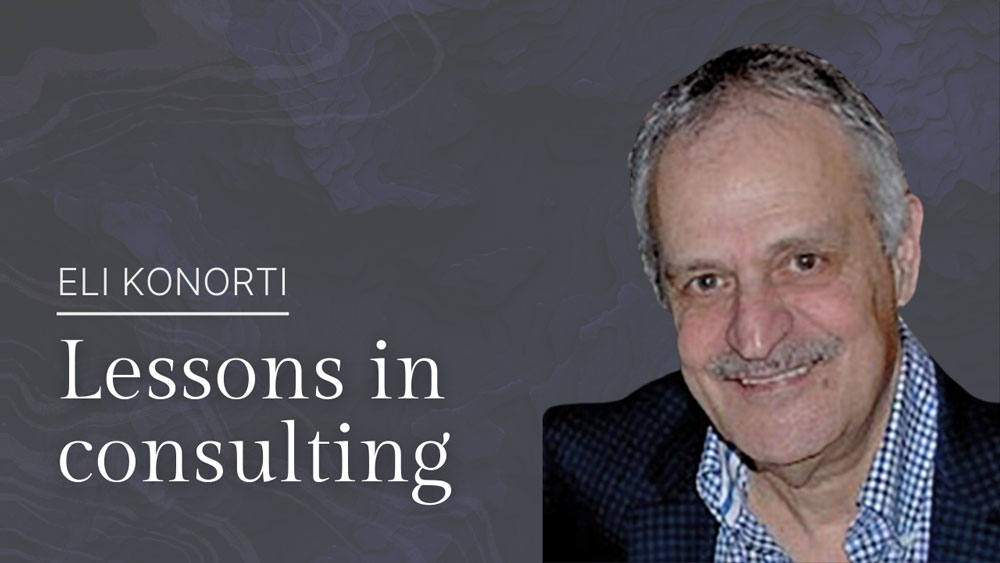Samanah Ali
7
min read
Global Nexus: Renowned Startup Mentor Advocates for Istanbul as the Ultimate Testing Ground
Deniz Tunçalp
General Manager | 1773 İTÜ Teknopark
Key Highlights
Deniz Tunçalp, a prominent startup mentor in the business community, invites global businesses to explore the thriving opportunities in Türkiye's vibrant startup ecosystem. With its strategic location between Europe, the Middle East, North Africa, and Central Asia, the country’s economic center, Istanbul, is becoming a favoured arena for market-testing startup products.
Türkiye stands out as a model for the international business community, offering alluring tax exemptions. Its Technology Development Zones (TDZs), strategically located at major universities and industrial zones, create economic havens free from import duties and corporate taxes, presenting an enticing prospect for both local and foreign enterprises.
Across the world, a new transformative shift is underway as enterprises increasingly split into smaller companies and turn into platforms and network organizations. By breaking down into smaller entities, businesses can proactively respond to shifting market dynamics and incorporate startups with their networks and open innovation, ensuring relevance and resilience in the face of change. Tunçalp emphasizes that this new trend is not one to ignore and encourages everyone to plan ahead by investing their time and energy in developing technical and managerial skills to work in smaller companies.
Not hundreds, but thousands. That’s how many startup businesses Deniz Tunçalp has mentored in the last decade, and he has some great news to share. Entrepreneurs looking for an excellent business opportunity need to drop everything and look at what’s going on in Türkiye. Its startup ecosystem currently ranks 10th in Eastern Europe and among the top 50 in the world. There is a reason for that, but not one many know.
The country is geographically located between Europe, the Middle East, North Africa and Central Asia. This is why multinational companies increasingly choose. A two-hour drive within Türkiye itself would expose one to millions of people from various ethnic and economic backgrounds. On the other hand, a two-hour flight from İstanbul may bring you to great markets to scale.
Reach a diverse population
“In Türkiye, we can familiarize or connect with Eastern societies, African societies, Arab societies, Russians, and Europeans. This in-betweenness actually helps us understand, maybe connect more easily, with other cultures,” Tunçalp, who has consistently made the list of top 10 leaders with the highest impact on Türkiye's entrepreneurship ecosystem, said in an interview with Horizon Search.
While Ankara is the country’s capital, Istanbul is a vibrant global economic center. Startup Genome, a leading policy advisory and research organization in the United States, calls the city “a fertile ground to grow a thriving startup ecosystem.” Its cultural and economic diversity makes it a perfect place for startups and companies of different sizes to test their products or new business ideas before launching them on a larger scale. Many industries from all over Türkiye also choose to place their headquarters in this vibrant city.
“Istanbul is a good test market because of its size and easy access. Suppose you have a B2C (Business-to-Consumer company). In that case, we have millions of people at different income levels and different cultural habits, so you can test different countries in the same city because of the income differences and great diversity. This is not something pleasant, but we have it — millions of people with a very upscale lifestyle and a large, medium segment and a large lower-income segment with diverse socioeconomic consumption patterns, depending on where you are heading in the same country,” Tunçalp said.
The same applies to B2B (Business-to-Business) companies, as Istanbul neighbourhoods host thousands of companies from different industries. Although the city hasn’t reached the same growth potential as New York, it allows businesses to develop their products in Technology Development Zones with tax exemptions and other advantages. Entrepreneurs from different countries may open a development center at a very reasonable cost structure in Istanbul, test their products in the local market, and then promote it globally from Istanbul as a major airline hub.
This is especially useful for Balkan countries from Romania to Albania, Bosnia-Herzegovina to North Macedonia and Greece, who unfortunately lose their young population to Europe for better employment and education opportunities. Emigration from these countries has increased by 10 percent, leaving a fifth of their population currently residing abroad. This creates severe developmental challenges, labour market distortions, skill shortages, and, in turn, challenges for potential investors who are unable to find people with the skills they require. Tunçalp encourages Balkan startups to leverage the potential within their home countries, fostering global business development through the vibrant gateway of Istanbul.

The Balkans. pyty - stock.adobe.com
Turkish legal framework for technology development: An international model and a gold mine for businesses
This next advantage is one of the major reasons why Türkiye is seen as a model for the business world. To put it in three parts: availability of top-notch engineers, world-class engineering schools and tax exemptions for developers at technology development zones on university campuses.
“You might be an American or European company; you may well position your R&D in Turkey having the same benefits as the other Turkish companies, gaining great advantage in the world markets,” Tunçalp said.
The country has what is called Technology Development Zones (TDZ or Technoparks), which are special technological zones exempt from a number of taxes, including corporate and income tax and VAT. These zones also have special incentives and support that help businesses accelerate their return on investments and minimize upfront costs. This is especially useful for companies carrying out R&D for tech-based products, especially software, as they are exempt from almost all taxes.
In addition, the Turkish labour market is seen as one of the most skilled. Despite grappling with issues of inequality, Türkiye boasts a sizable educated population, often surpassing that of many European nations. They are responsible for the country’s growth in innovative software and for establishing good business models.
“Türkiye has a great diversity. You may have a problem; our people may come up with very innovative, very out-of-the-box ideas. Due to complex and fast-changing market conditions, people are very accustomed to finding innovative solutions fast,” Tunçalp said.
Türkiye has around 100 technoparks, which facilitate the development of different technologies and support entrepreneurship. Most of them were engaged with major universities, while some partnered with NGOs — although they still act as independent entities. “It acts like an incubator, as well as an accelerator, and a consultant for your technology company, so it's the kind of combination of those three,” Tunçalp said.
Tunçalp has previously been the general manager and other top managerial positions of one the largest science parks of Türkiye, affiliated with Istanbul Technical University (ITU), for eight years. Tunçalp and his team are currently establishing the second technopark of ITU, targeting more profound technology developers, a more balanced targeting of strategic technology areas and higher integration with the university advantages. The technopark is named 1773 İTÜ Technopark, to call the historical foundation of the university. This university is one of the oldest technical universities globally, dating back to 250 years ago, making ITU the third oldest technical university in the world.
“[The] university produces top-notch engineers and good professionals across different fields, and you may hire them in these technology development zones with great tax advantages,” Tunçalp said. He added, `All ITU departments have engineering and architecture education accreditation from the Accreditation Board for Engineering and Technology (ABET) and National Architecture Accreditation Board (NAAB) in the USA. Therefore, we have more accredited programs than most, if not all, universities in the USA. You name the field, and we have its education on the ITU campus. Therefore, we welcome companies of any field for developing their products and services.”
Game change for large enterprises and startups
At present, Tunçalp is working as an Associate Professor of Management and Entrepreneurship at ITU, where he teaches management, entrepreneurship and organization theory. Among the different management trends he noticed was the dissolution of large enterprises into smaller companies. Companies like the Chinese white goods manufacturer Haier have already split into countless smaller entities. The latter started way back in 2005 by creating a system of small self-managed autonomous teams operating as microenterprises with the right to make decisions and hire talent. Haier now has a platform of 4,500 self-managed businesses that share resources in order to adjust to changes in the market. These microenterprises now account for $500 million in revenue and are annually doubling in size.
While companies like Haier started earlier on, this wave was further fueled in 2021 due to the COVID-19 pandemic, which created fluctuations in the global market to varying degrees. By breaking down into smaller companies, businesses develop a newfound sense of flexibility and quick response times. In this way, large enterprises may work like startups at a higher speed and with greater flexibility.
“The early experiments show very significant economic results. Instead of organizing people in large hierarchies, they become a platform of different startups, buying and selling to create the end product like a big enterprise. The Chinese call this new organizational form Rendanheyi, aligning employees' values with the customers, essentially connecting everyone on the marketplace and internalizing market competition into organizations,” Tunçalp said.
If this trend continues, Tunçalp predicts that jobs in large enterprises will become scarcer, which is why he finds it worthwhile to invest in establishing startups or developing skills and experience for working in a startup in the future.
“Maybe you don't like to have a startup, but you may be forced to work in a small company where you're one of the shareholders in order to show some economic activity,” Tunçalp warns. “Entrepreneurship is here to stay, and it seems at some point, we all may become freelancers or work in entrepreneurial small companies. Business life is changing, so we should adapt, learn and make it better for everyone.”
References
Andersson, L., Kohtze, M., Aga, E., Ćirić, M., & Duell, N. (2022). (rep.). Labour Migration in the Western Balkans: Mapping Patterns, Addressing Challenges and Reaping Benefits (pp. 3–3). OECD.
Gorchakova, S. (2023, June 26). Investment opportunities in Turkey for foreigners - best options to invest in. Immigrant Invest. https://immigrantinvest.com/blog/investment-opportunities-turkey-en/
Johnson, M. (2022, March 29). Corporations are breaking up: What this means for the rest of the world. globalEDGE Blog: Corporations are Breaking Up: What This Means for the Rest of the World >> globalEDGE: Your source for Global Business Knowledge. https://globaledge.msu.edu/blog/post/57120/corporations-are-breaking-up-what-this-m
Kayıkçı, F. (2019). Course of income inequality in Turkey. Theoretical Economics Letters, 09(06), 2085–2092. https://doi.org/10.4236/tel.2019.96131
Setting up a business in Turkish free-trade zones. Gurulkan Çakır Günay. (2021, February 19). https://www.gurulkan.com/insights/setting-up-a-business-in-turkish-free-trade-zones
Slomski, K. (2023, April 27). How digitally enhanced autonomous teams make Chinese companies more agile.
D’Amore-McKim School of Business. https://damore-mckim.northeastern.edu/news/how-digitally-enhanced-autonomous-teams-make-chinese-companies-more-agile/ Startup ecosystem of Turkey. Startupblink. (n.d.). https://www.startupblink.com/startup-ecosystem/turkey



